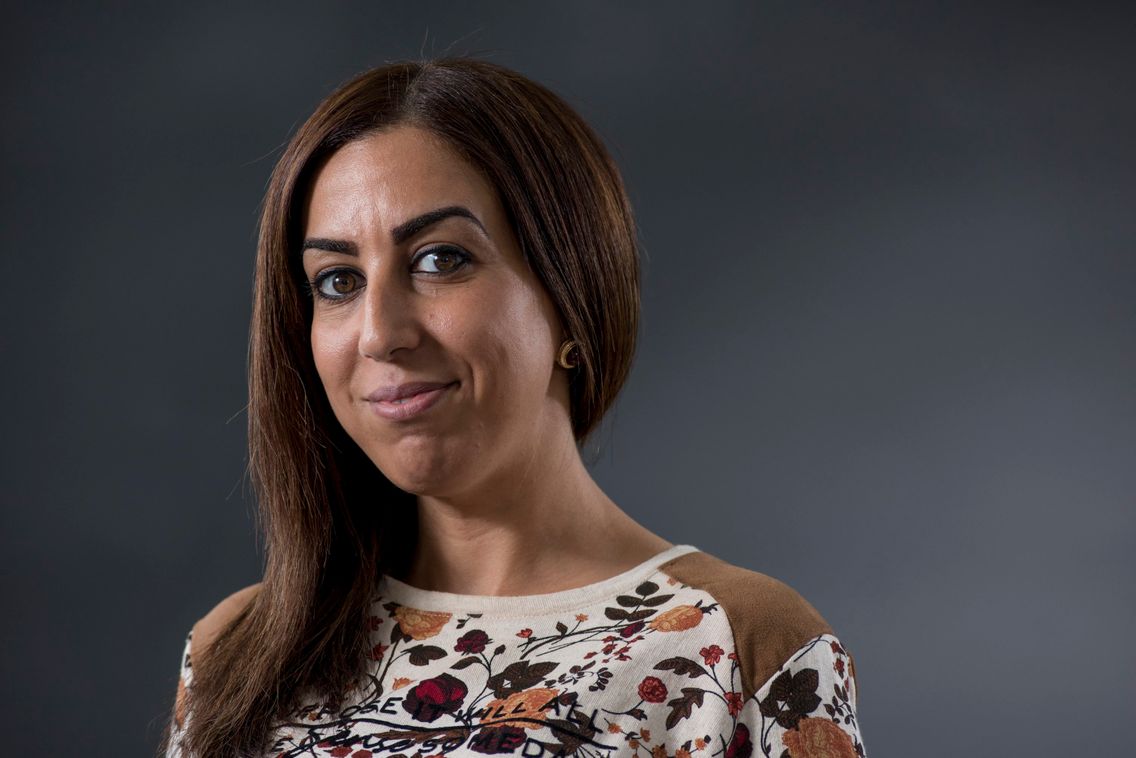Born to Algerian parents, Faiza Guene grew up in the suburbs on the outskirts of Paris. She began writing as an adolescent and by the age of 19 had penned a best-selling novel.
“Kiffe Kiffe Demain” (Just Like Tomorrow) explores the life of 15-year-old Doria, the daughter of Moroccan immigrants, as she, like Guene, comes of age in a suburb on the outskirts of Paris. Narrated by Doria, the story describes her life and her mother’s emotional recovery after her husband abandoned the family for a younger woman.
The book, which has sold over 400,000 copies in France, is available in 26 languages and is recognized as one of the first books to employ the Arabic-infused verlan that is popular among youths in the suburbs of France. Increasingly present in popular culture, some previously looked down upon verlan as a corruption of the French language and as a signifier of a lower class immigrant background.
At the time of “Kiffe Kiffe Demain’s” release, French media were fascinated by the “girl from the suburbs.” Guene notes, “I was the first of my kind and was treated like a court jester, a freak” by the very white, inner-Parisian media and literary crowd.
Stereotyping continues
Guene says, “Today, I’m an Algerian who was born and lives in France…I don’t define myself at all the way I did when I was 20.” This classification is driven in-part by the inescapable stereotyping she continues to face.
Despite having published five novels since “Kiffe, Kiffe Demain,” her North African origins remain central to much of the literary world’s perceptions of her. Guene explains, “Every single time I’m brought back onto this terrain. People perceive me through tiny little prisms and I’m expected to talk about the banlieues.”
The constant positioning of her as an outsider has left Guene angry. It is an anger directed at the lie of being told she was a French citizen, but unlike her white French compatriots, forever having to justify and prove it only to remain “othered.”
As she attempts to work through this anger in her writings, Guene hopes that her daughter’s generation will be able to overcome the prejudice the first generation of French-born children of immigrant parents have faced.
Growing diversity in French literature
French publishers and the broader literary community are increasingly embracing diverse voices and stories. In 2018, the verlan-heavy “Grand Frere” (Older Brother) by French-Turkish author Mahir Guven won the Goncourt First Novel Prize. As with Guene’s “Kiffe Kiffe Demain,” the novel centers on the lives of the children of immigrants in France.
One year prior, French-Moroccan author Leila Slimani won the 2016 Goncourt Prize for her novel “Chanson Douce” (published in English as “The Perfect Nanny: A Novel”).
Now working for French publishing house Lattes, Guven is responsible for expanding the diversity of voices published, a sign the French literary establishment has belatedly realized that literature must reflect society.
Guven says that “storytelling comes from your cultural milieu,” and in France that includes the 11% of the population with immigrant backgrounds.

